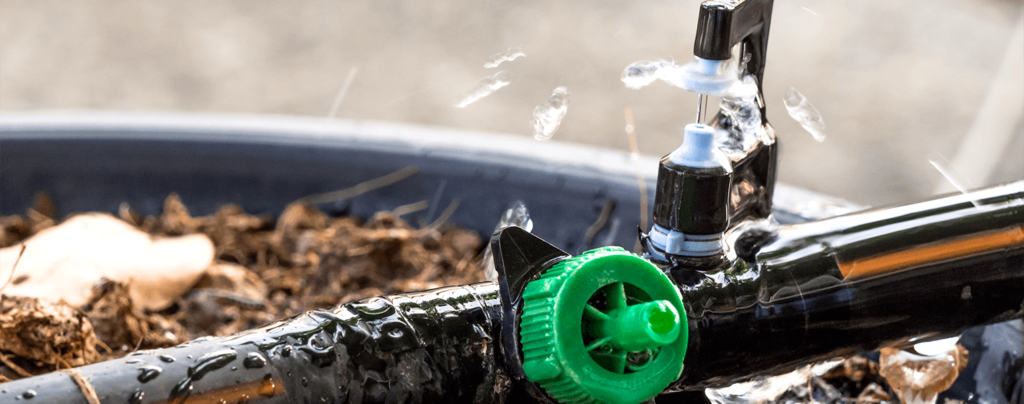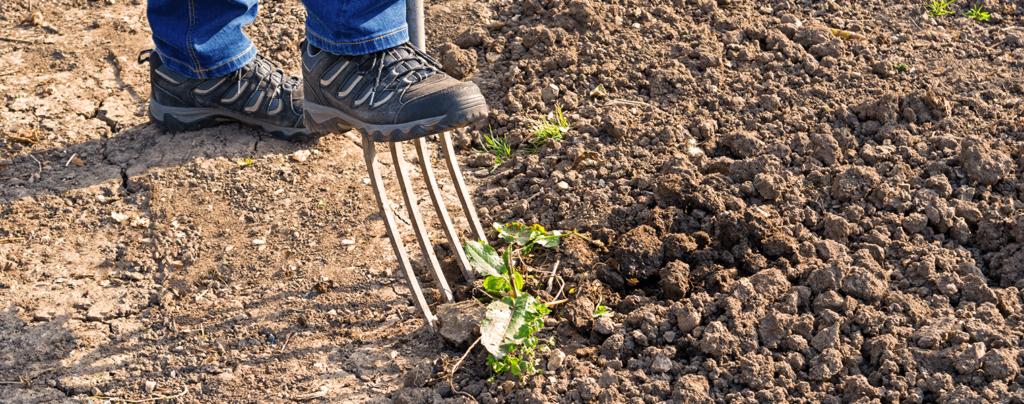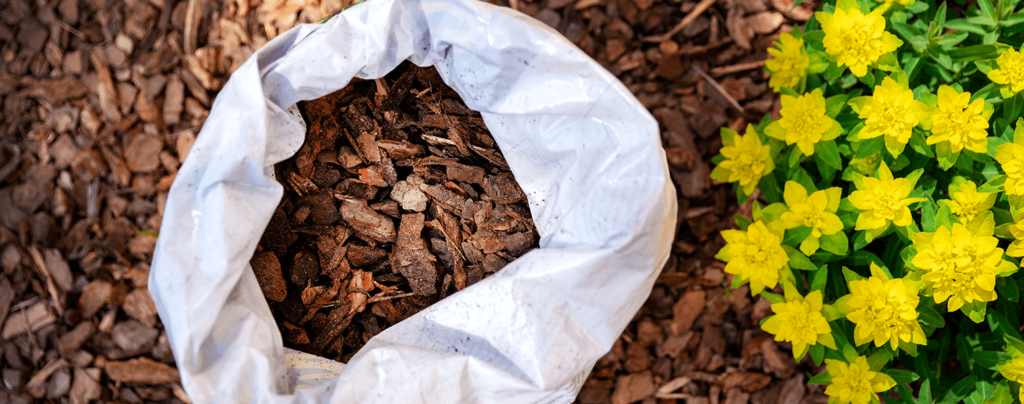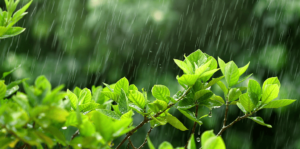Just as not enough water can be detrimental to our gardens, so can too much of it. Standing water in the garden can lead to erosion, waterlogged plants, an increase in pests, disease, and weeds, and a decrease in nutrients. While we can’t predict the weather, we can prepare ourselves in case Mother Nature forgets to turn off the hose. Simply follow these tips to manage the effects of wet weather in your Fort Lauderdale garden.
Be Proactive
Heavy rainfall at some point in the summer in Florida is a given, so we can try to minimize the effects any upcoming rain can have. Make sure your garden has good drainage, adding organic matter like compost to soil can increase drainage. You also might want to consider planting in raised beds or in containers, which will allow excess water to drain away. You can even consider using containers with wheels or a plant caddy to easily move them to a sheltered area during heavy rainfalls.

Shut Off Irrigation Systems
To make sure you don’t add to the problem of too much water, double-check that your irrigation systems are off if your garden is already overwatered from rain. If you use automatic systems and don’t want to have to remember to turn them off during heavy rains, you can look into getting a system that’s connected to a moisture detector, and it can do the monitoring for you.
Look for Diseases and Pests
Bacteria thrive in moist, dark environments, which is exactly what can be created if you have plants with dense foliage that trap water. Look for any leaves with signs of disease, like dark-colored spots or light, powdery fungus, and remove affected leaves with clean pruning shears. Also, look for wilting or rotting stems and fruit or fallen debris. Dispose of these decaying parts immediately in the garbage.
Lots of water also brings out the slugs and other pests that feed on plants. To trap slugs, place small saucers of beer around your garden. Hand-pick off beetles and caterpillars, and if you see smaller pests or eggs, use a castile soap spray on the plants.

Improve Compacted Soil
Heavy rain packs down the soil, which becomes dense and sticky. To avoid making matters worse, try not to step on the wet and muddy areas of your garden. Compacted soil doesn’t allow for proper drainage, so stagnant water ends up sitting around the roots, which can lead to root rot. To combat this, use an aerator to remove soil plugs from the ground or drive holes into the soil with a dowel.

Add Organic Matter and Mulch
Excess water in the soil can wash away nutrients your plants need, but adding in organic material like compost can replace those much-needed nutrients. Organic matter will also help to get the soil back to its lighter, loamier state. To further improve drainage, add in a bit of sand into the soil.
Once the soil has been amended, apply a layer of mulch. This will help the soil maintain proper moisture levels and temperatures, plus mulch can help to keep weeds at bay. Use mulch made from natural materials—if it’s coated in chemicals, these can leach into the soil when it rains.
As gardeners, we have to be ready for anything—we never really know what the season will bring us! But being aware of these tips can help your garden continue to thrive even if it got a little more water than planned for. Get in touch if you have any more questions about managing wet weather in your garden.

